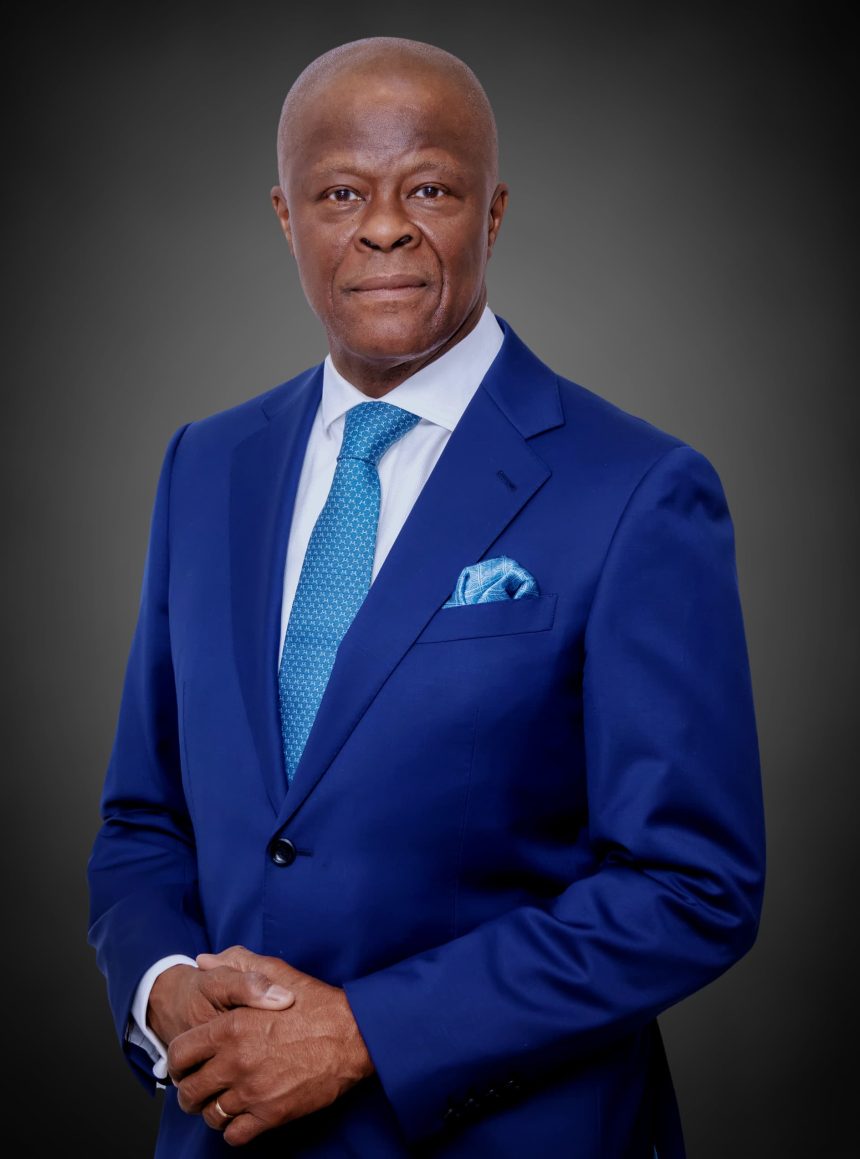“Attracting Forex: CBN’s Strategy for Nigerian Economic Stability” -Edun
By Patience Ikpeme
Mr. Wale Edun, the Minister of Finance and Coordinating Minister for the Economy, has explained how the Central Bank of Nigeria (CBN) was able to attract foreign exchange into the country.
He highlighted the importance of the CBN focusing on its core mandate of fighting inflation, as a stable economic environment is essential for economic growth.
The CBN’s indication that they would step back from intervention funds and development financing was a signal that they were prioritizing the fight against inflation.
At the time, inflation in Nigeria was projected to be around 21.5% while the Treasury bill rate stood at 13%. To align with the CBN’s signal, the Debt Management Office (DMO) raised interest rates by selling more bonds. This act attracted the interest of foreign portfolio investors and increased dollar liquidity in the country.
Mr. Edun noted that the increase in interest rates would result in higher debt service for the government on the fiscal side. However, he expressed confidence in the government’s ability to generate adequate revenue to support the higher rates. This increase in revenue would benefit the overall economy and the CBN by attracting more dollar inflows into the country.
To address the foreign exchange liquidity squeeze, Mr. Edun emphasized the need to increase oil revenue, as oil prices were still elevated and production levels were rising. Oil revenue remains a significant source of dollars and government revenue. Additionally, the government aims to stimulate the real sector, including mining, agriculture, agriculture processing, and industry. Investments in power and gas sectors are also crucial to boost the country’s economy.
Mr. Edun acknowledged the importance of financial activity and a well-functioning market for raising funds. He highlighted the Nigerian stock exchange as a reflection of sentiments and a potential investment instrument. However, he emphasized that the solution for growing the Nigerian economy lies in the real sector and a focus on long-term investments.
Regarding interventions, Mr. Edun mentioned the upcoming wage award and policies to increase disposable income for workers by removing subsidies. This effort is seen as a team approach involving the federal government, states, and labor unions. The government is also considering interventions to address youth unemployment.
President Muhammadu Buhari aims to achieve inclusive rapid growth, focusing on women, children, and young people in particular. In light of the current high level of youth unemployment, the government is working on a youth unemployment benefit to assist them until they find employment.
Overall, Mr. Edun’s statement outlines the steps taken by the CBN and the government to attract foreign exchange into Nigeria, stabilize the economy, and stimulate economic growth in various sectors.




